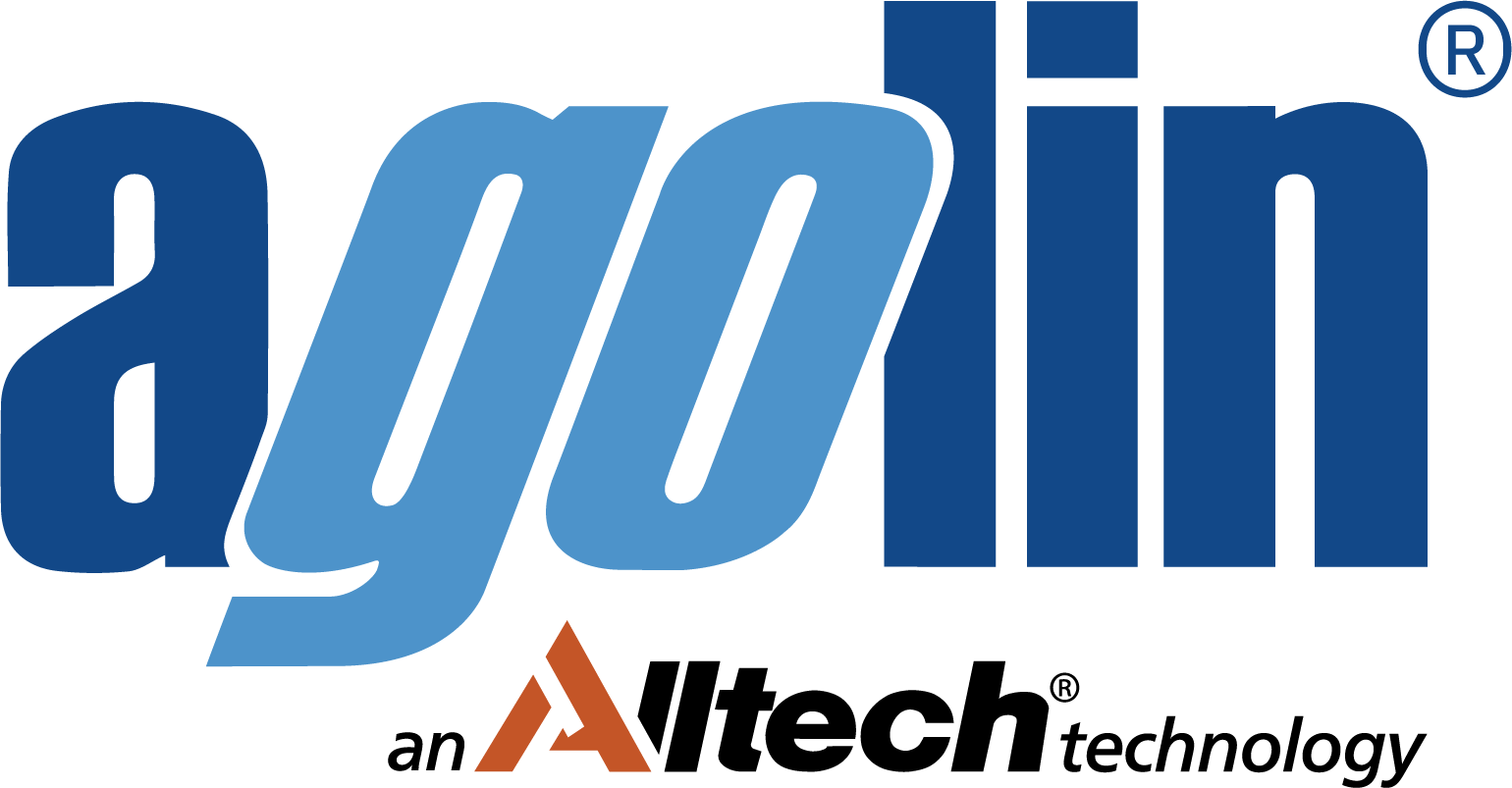The Impact of Essential Oil Feed Supplementation on Enteric Gas Emissions and Production Parameters from Dairy Cattle
Angelica V. Carrazco, Carlyn B. Peterson, Yongjing Zhao, Yuee Pan, John J. McGlone, Edward J. DePeters and Frank M. Mitloehner
ABSTRACT
Societal pressure to reduce enteric methane emissions from cattle continues to increase. The present study evaluated the efficacy of the commercial essential oil feed additive Agolin® Ruminant on reducing enteric gas emissions and improving milk parameters in dairy cattle. Twenty mid-lactation Holstein cows, blocked by parity and days in milk,were randomly assigned to a top dress treatment with Agolin or an un-supplemented control for a 56-day trial. Cows were group housed and individually fed twice daily. Enteric gas emissions, including methane, carbon dioxide, ammonia, and nitrous oxide, were sampled every 14 days for a 12 h period via head chambers connected to a mobile air quality laboratory. Cows supplemented with Agolin versus the control had less methane intensity (g/period/kg energy-corrected milk (ECM); p = 0.025). Ammonia was the most affected gas, with lower ammonia production (mg/period; p = 0.028), and ammonia intensity (mg/period/kg ECM; p = 0.011) in Agolin-fed versus control-fed cows. All cow performance variables, including dry matter intake, ECM, milk fat, milk protein, or feed efficiency were similar between treatments. Further research should evaluate how Agolin impacts ruminal flora, focusing on mechanistic impacts to fermentation.
